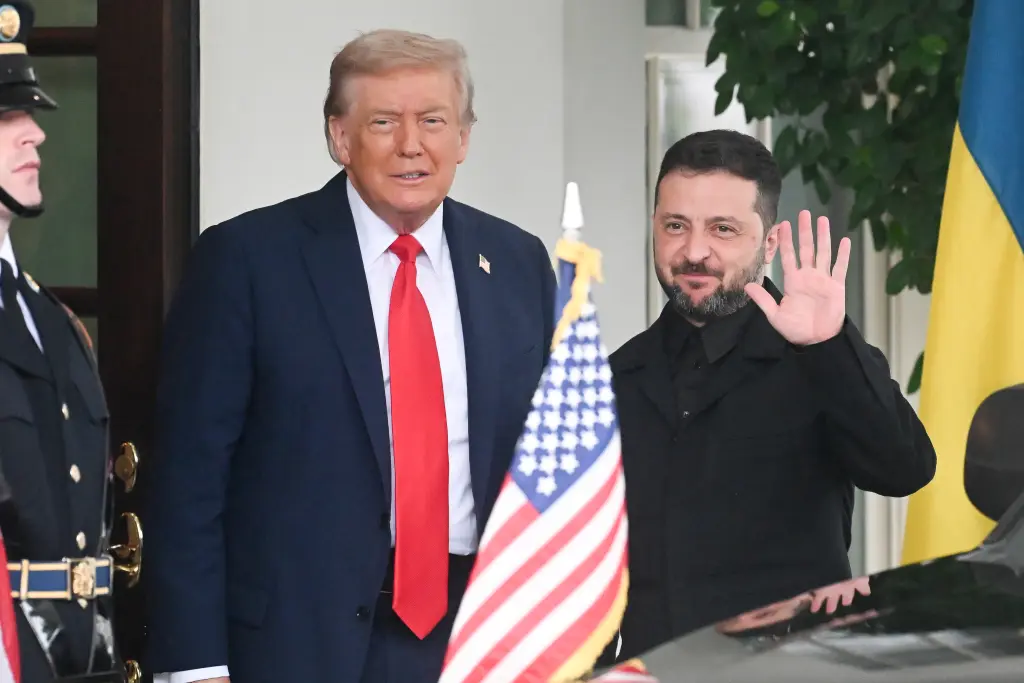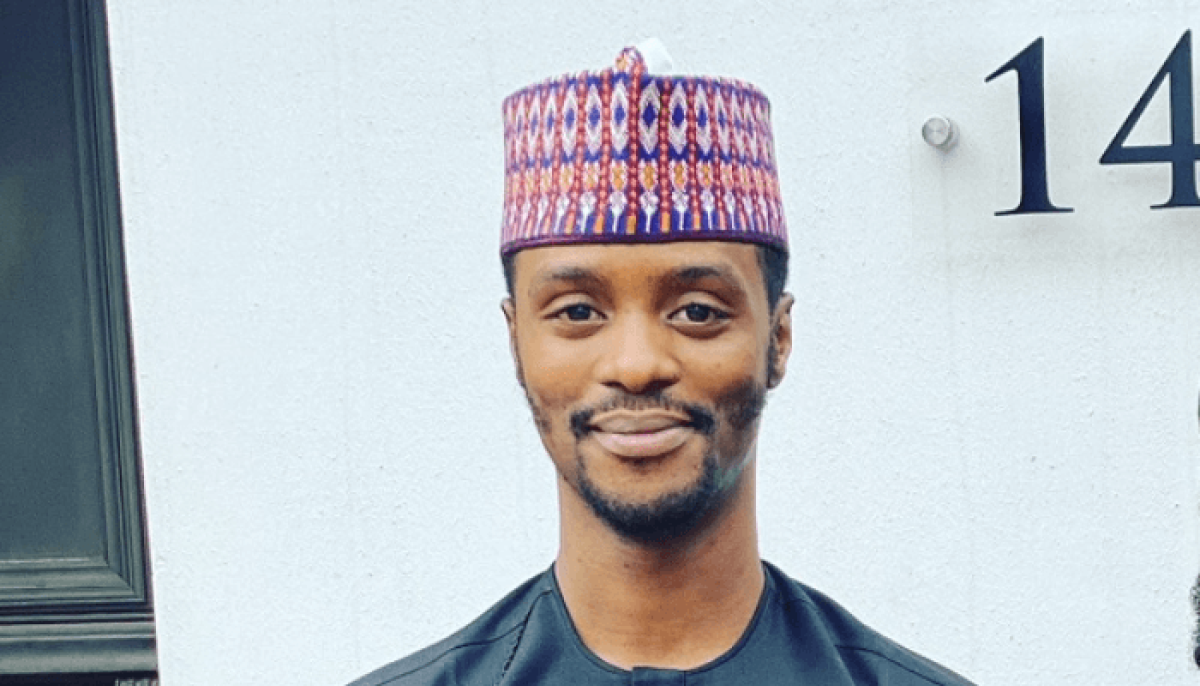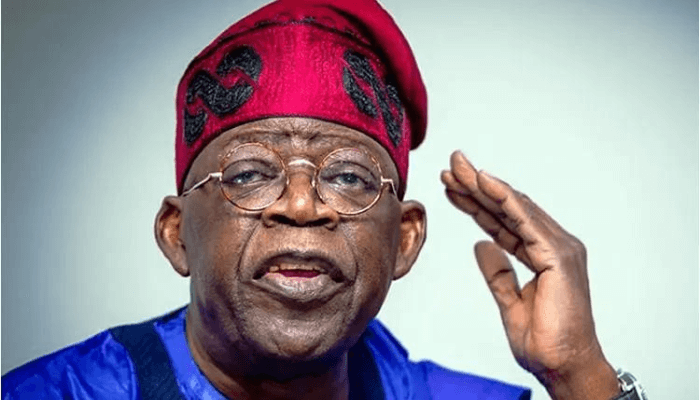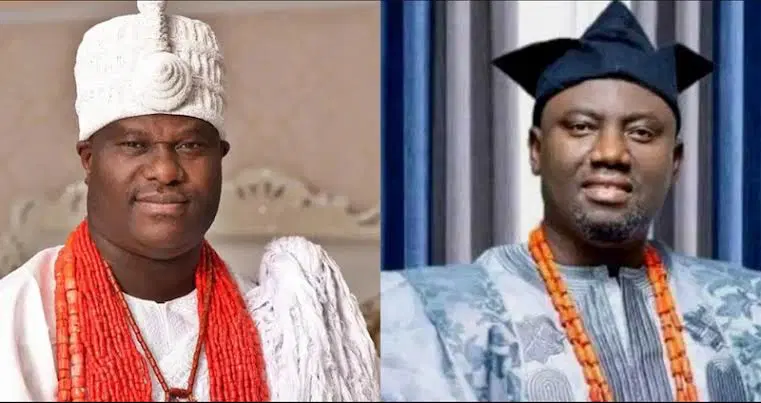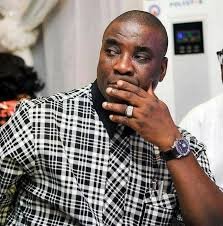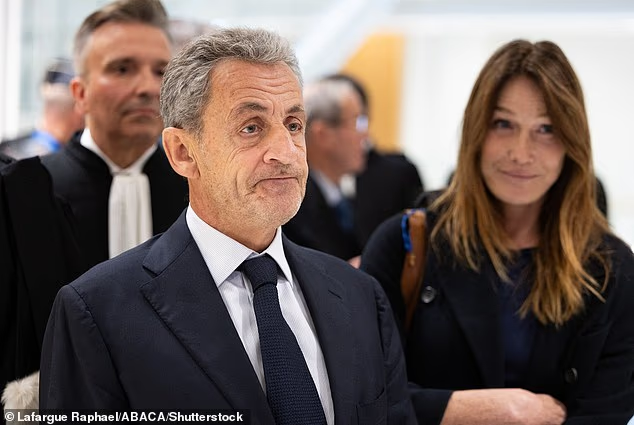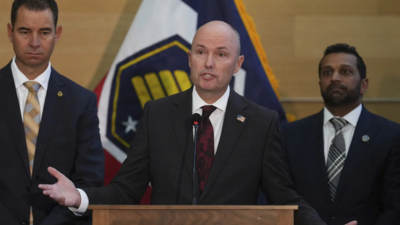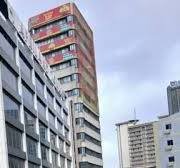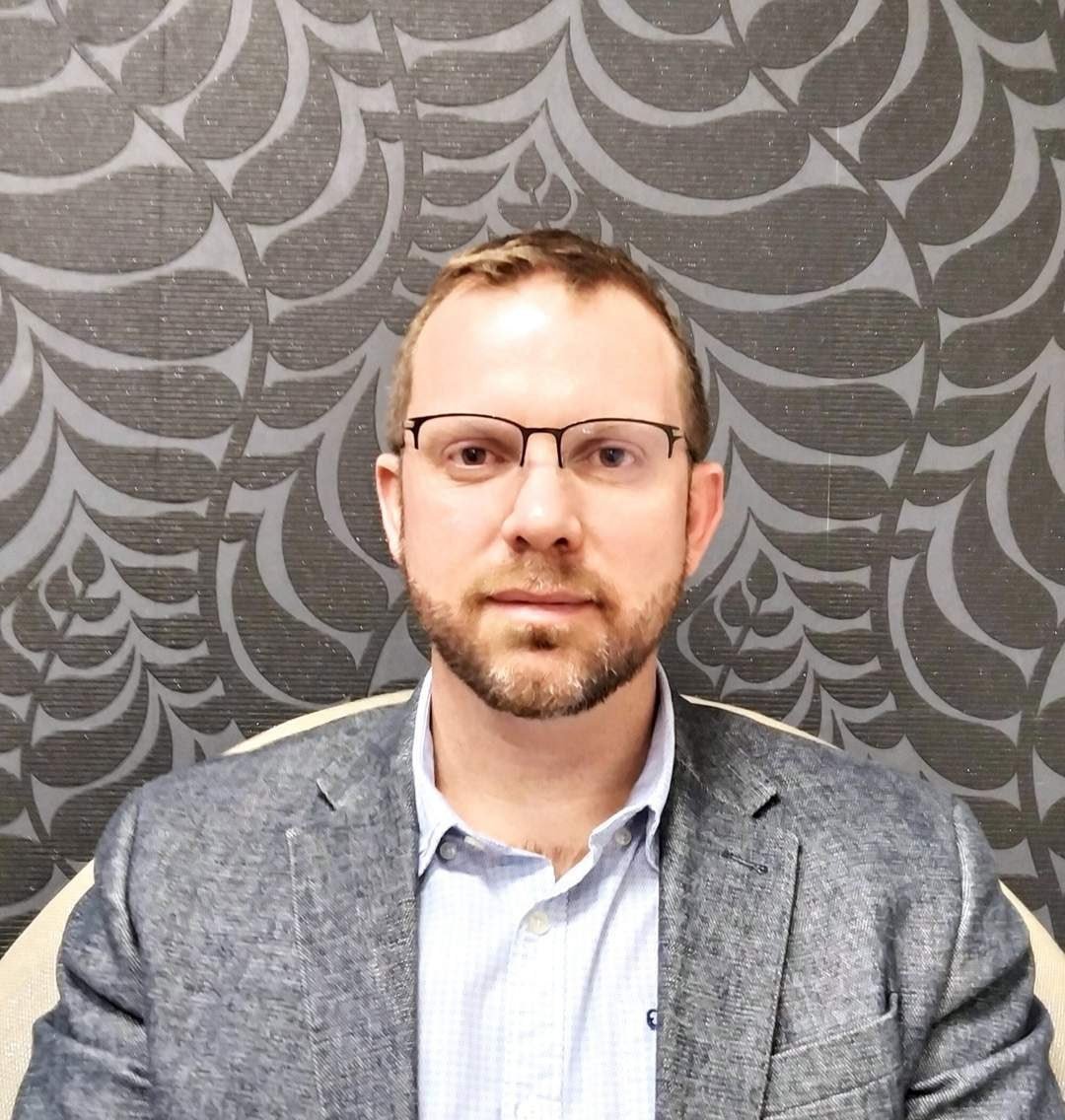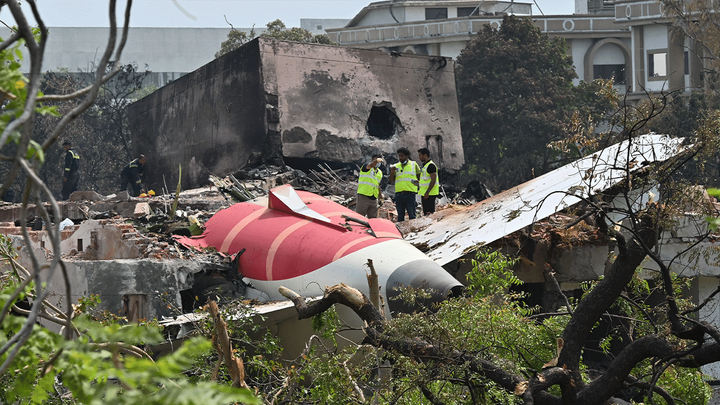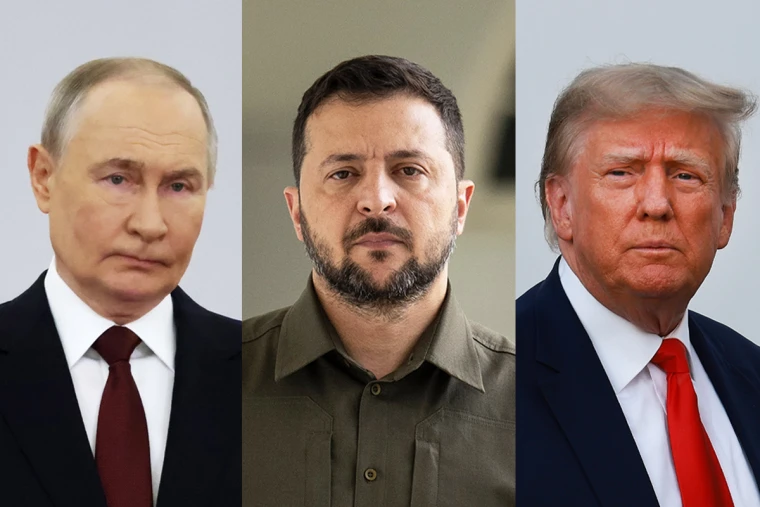Former French President Nicolas Sarkozy has declared that he is “not afraid of prison” as he prepares to begin serving a five-year jail sentence following his conviction for criminal conspiracy linked to alleged Libyan funding of his 2007 presidential campaign.
The 69-year-old ex-leader is expected to report to La Santé Prison in Paris on Tuesday, according to La Tribune Dimanche. Sarkozy revealed that he has already packed his bags and feels “calm” ahead of his incarceration.
“I am not afraid of prison. I will hold my head high, even in front of the gates of Santé,” Sarkozy said, adding that he would not request any special privileges.
According to reports, Sarkozy will be held in solitary confinement due to concerns for his safety. He will occupy a cell on the top floor of the prison’s isolation wing and will be under the constant supervision of a guard.
Despite the strict conditions, the former president will have limited access to the prison’s amenities. He will reportedly be allowed two visits per day to one of the three exercise yards or gym facilities available at La Santé.
Carla Bruni to Visit Sarkozy Daily
Sarkozy’s wife, Italian singer and supermodel Carla Bruni, is expected to visit her husband every day during his sentence. Sources close to the family say Bruni remains steadfastly supportive of Sarkozy throughout his legal ordeal.
“I do not want to complain or be pitied,” Sarkozy said, emphasizing that he intends to use his time in prison to write a book.
Historic Conviction for a Former French President
The conviction marks the first time a French head of state has been found guilty of attempting to use foreign money to fund a political campaign. Sarkozy, who served as president from 2007 to 2012, was found guilty of criminal conspiracy over attempts by close aides to secure campaign funds from Libya during the regime of Muammar Gaddafi.
Sarkozy has consistently denied all allegations, maintaining his innocence throughout the investigation and trial. His legal team has filed an appeal against the conviction.
During a three-month trial earlier this year, Sarkozy and 11 co-defendants, including three former ministers, faced accusations of illegal campaign financing, corruption, and influence peddling. Despite the guilty verdict, Sarkozy insists that he was unaware of any illicit dealings.
The case, which has gripped France for years, continues to spark debate about political corruption and accountability at the highest levels of government.

